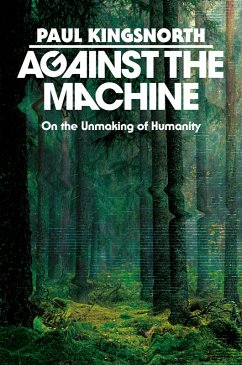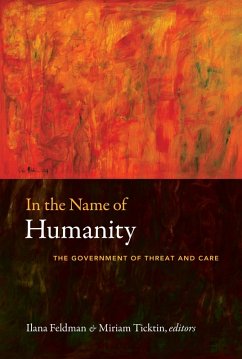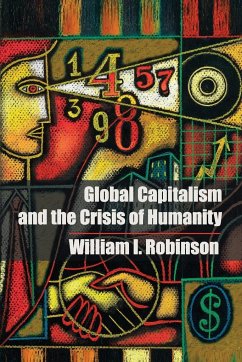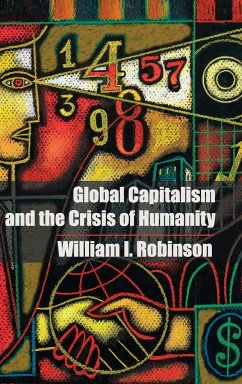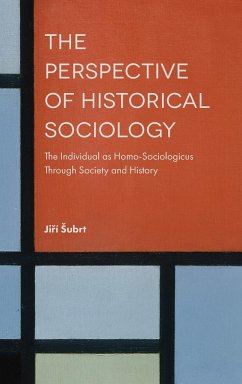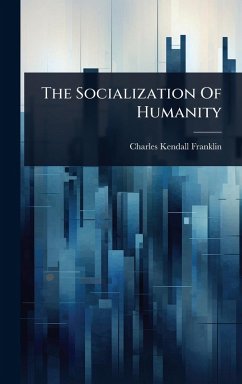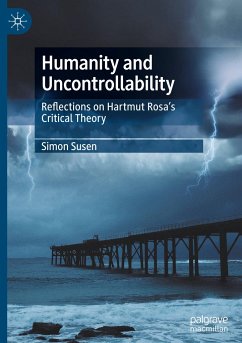
The Rise of Procedural Digital Humanity
From Logos to Arithmos
Versandkostenfrei!
Erscheint vorauss. März 2026
98,99 €
inkl. MwSt.
This book examines the emergence of the new digital Sapiens through a wider central thesis: the reign of procedural humanity. At its core, the book explores a profound cultural shift from logos, the traditional foundation of human thought, to arithmos, a new procedural, a-semantic metaculture. This shift challenges long-standing hierarchies and redefines our understanding of truth, causality, and meaning.Key concepts include the transition from differentiation to de-differentiation, the rise of post-truth, and the unifying yet fragmenting power of digital arithmos. The book delves into the his...
This book examines the emergence of the new digital Sapiens through a wider central thesis: the reign of procedural humanity. At its core, the book explores a profound cultural shift from logos, the traditional foundation of human thought, to arithmos, a new procedural, a-semantic metaculture. This shift challenges long-standing hierarchies and redefines our understanding of truth, causality, and meaning.
Key concepts include the transition from differentiation to de-differentiation, the rise of post-truth, and the unifying yet fragmenting power of digital arithmos. The book delves into the historical roots of social fragmentation and the impact of digitization as a pivotal anthropological turn. It also presents a compelling argument about the potential for digital totalitarianism, drawing on geo-economic analyses and psychoanalytic perspectives.
Scholars, researchers, and students in social sciences, digital studies, philosophy and psychoanalysis will find thisbook invaluable. It offers a unique blend of insights, combining social sciences with psychoanalysis to illuminate the complex interplay between the psychic and the social in the digital age. This book is a must-read for anyone seeking to understand the transformative impact of digitalization on human thought and society.
Key concepts include the transition from differentiation to de-differentiation, the rise of post-truth, and the unifying yet fragmenting power of digital arithmos. The book delves into the historical roots of social fragmentation and the impact of digitization as a pivotal anthropological turn. It also presents a compelling argument about the potential for digital totalitarianism, drawing on geo-economic analyses and psychoanalytic perspectives.
Scholars, researchers, and students in social sciences, digital studies, philosophy and psychoanalysis will find thisbook invaluable. It offers a unique blend of insights, combining social sciences with psychoanalysis to illuminate the complex interplay between the psychic and the social in the digital age. This book is a must-read for anyone seeking to understand the transformative impact of digitalization on human thought and society.




